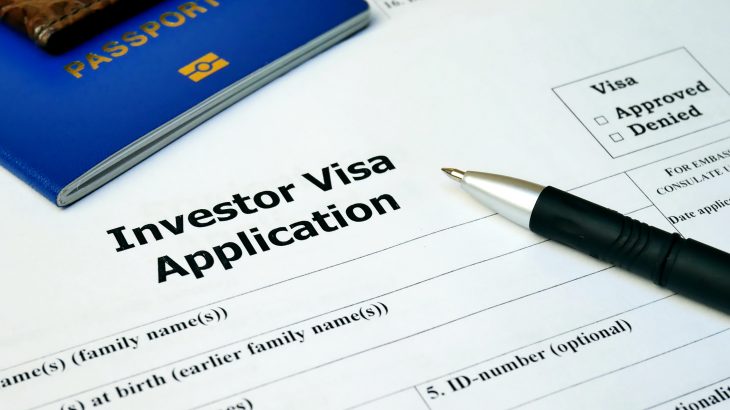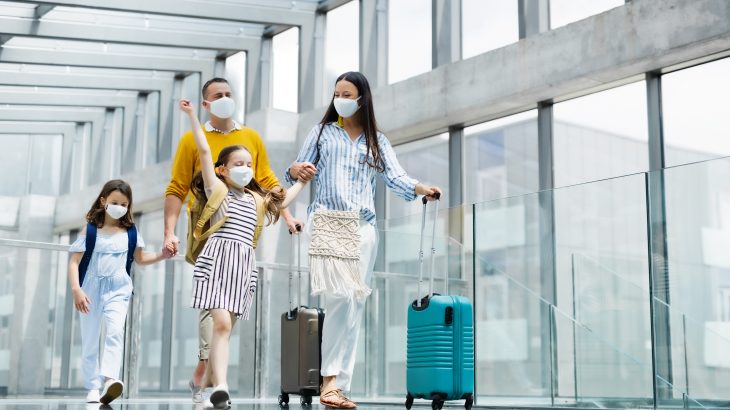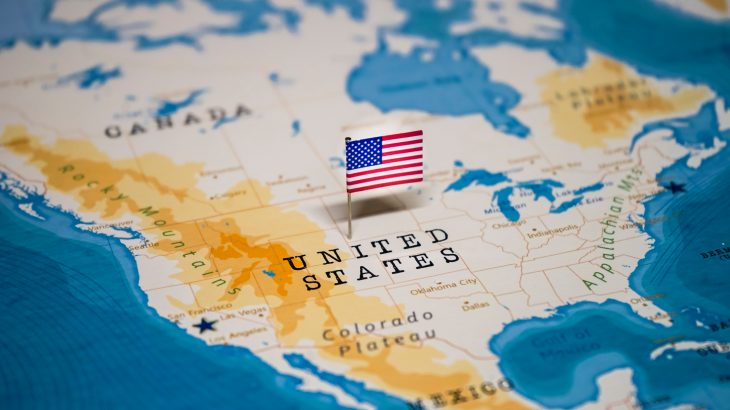Immigration Attorney Zeenat Phophalia delves into which staff members are eligible for the L-1A Visa and what constitutes a personnel manager and a function manager.
The L-1 visa classification for intracompany transferees comes in two categories: L-1A (managers and executives) and L-1B (special knowledge workers). The L-1A allows a foreign company to transfer managers and executives to its related U.S. parent, subsidiary, affiliate or branch office.
An L-1A manager is generally someone who supervises and manages professional, managerial or supervisory employees, as evidenced by a clear chain of workers reporting up to such manager.
In addition to this “personnel” manager role, the L-1A classification allows for what is known as a Function Manager – someone who manages an essential function within the organization.
While the standard applicable to a personnel manager who manages employees is well established, there had been lack of guidance and clarity on what needed to be proven to qualify as a function manager.
In 2017, the USCIS, provided guidance by adopting the Administrative Appeals Office (AAO) decision in Matter of G- Inc., that sets forth a five-prong analysis to determine L-1A function manager qualification.
Matter of G- Inc. clarifies that, to establish that a beneficiary/employee will be employed in a managerial capacity as a “function manager,” the petitioner must demonstrate that:
- (1) the function is a clearly defined activity;
- (2) the function is “essential,” i.e., core to the organization;
- (3) the beneficiary will primarily manage, as opposed to perform, the function;
- (4) the beneficiary will act at a senior level within the organizational hierarchy or with respect to the function managed;
- (5) the beneficiary will exercise discretion over the function’s day-to-day operations.
An essential function, as noted by the AAO, in the above decision, is a function that is “fundamental,” “core” or “necessary” to the company’s business and one that the manager will manage versus performing.
An organization could have more than one core activity “such as the manufacture or provision of an end product or service, and research and development into other products or services,” as was noted by the AAO.
While assessing the essential function prong and the other criteria, USCIS will typically evaluate the entire record: overall organizational structure and hierarchy; description of the manager’s duties – products, services or component that he will manage; seniority within the organization; nature of administrative support if any; and so on.
Often times, it can be harder for smaller organizations to establish that a function is a clearly defined activity and fundamental to the business. That said, the best approach would be to explain the function with as much specificity as possible while emphasizing the core and essential nature of the activity/function vis-à-vis the organization and its impact on business, and justify how the employee will manage the function at a senior level within the organization.
The adopted decision in Matter of G- Inc establishes policy guidance that USCIS adjudicators are bound by and obligated to follow; it does not apply to the Department of State and so consular posts abroad are not bound by the decision, often times leading to conflicting and different interpretations of the scope of a function manager by consular officers.
To learn more about the L-1 Visa, please click here to contact us and request and appointment.
This article is published for clients, friends and other interested visitors for information purposes only. The contents of the article do not constitute legal advice and do not necessarily reflect the opinions of Davies & Associates or any of its attorneys, staff or clients. External links are not an endorsement of the content.


































